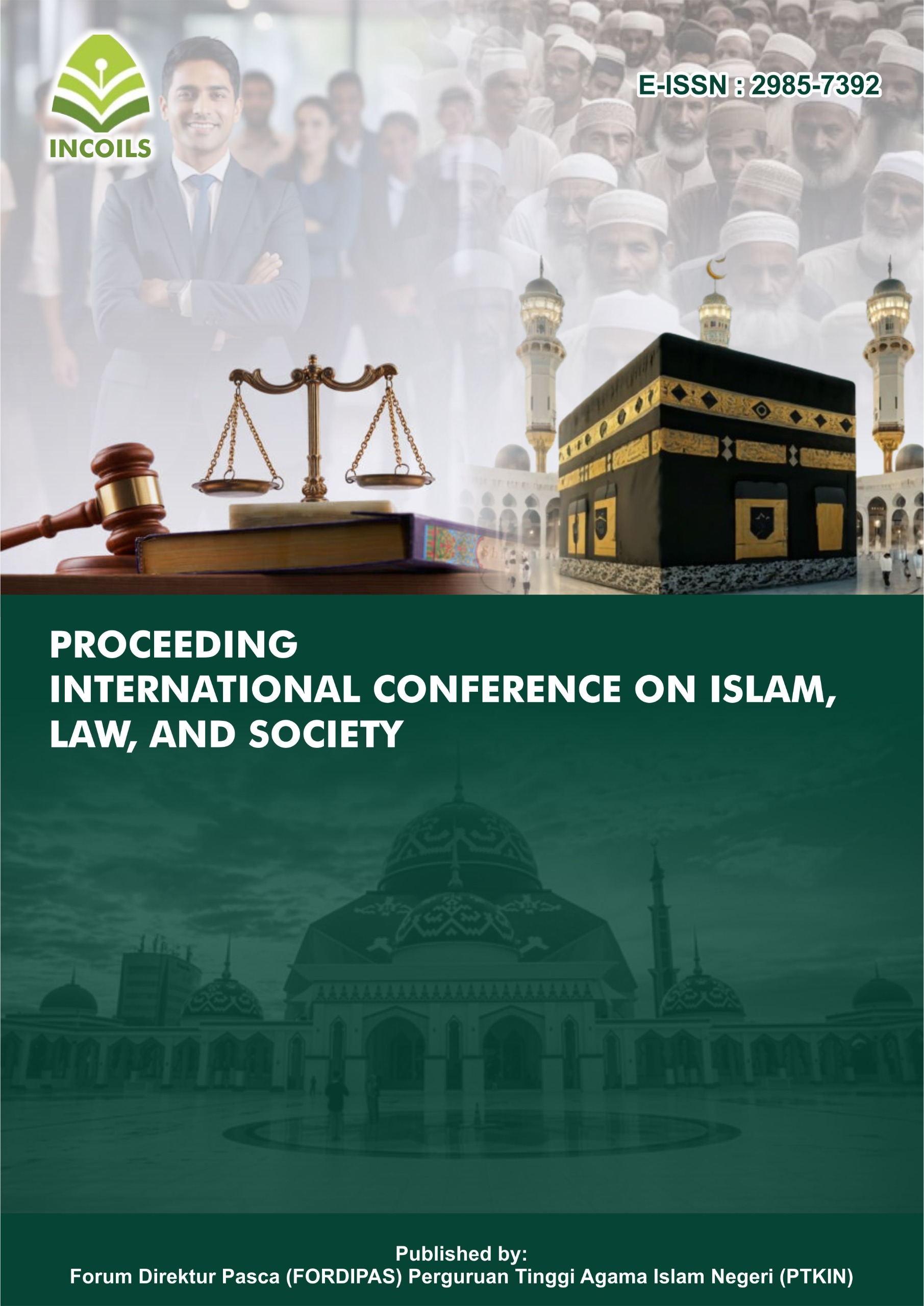MADRASAH PRINCIPAL'S DECISION MAKING IN GIVING REWARDS FOR TEACHERS WORK PERFORMANCE VIEWED FROM EQUITY THEORY (Case Study Of Madrasah Aliyah Bina Ulama)
DOI:
https://doi.org/10.70062/incoils.v3i1.141Keywords:
Equity, Compensation, Decision Making, Job Evaluation, SDMAbstract
Decision making in assessing teacher work performance is an appropriate form of Madrasah Principal policy in order to obtain competent teachers and maintain qualified human resources. In this case, behind the teacher's valuable work and brilliant achievements there is feedback given to the Madrasah Principal as a reward, namely in the form of compensation. In accordance with what the teacher has given to the institution, that amount is also the reference for the compensation that will be received, both financially and non-financially. The Madrasah Head does not just provide compensation to teachers who excel as a form of decision making, but the Madrasah Head has a policy of deciding on fair compensation (Equity) so that there are no misunderstandings. This research uses a qualitative approach, where researchers conduct in-depth observations and interviews regarding compensation carried out by the Head of Madrasah Aliyah Bina Ulama for decision making. The data sources used are primary data sources, which are taken through observation and interview data, and secondary data sources taken from literature studies of books or related journals. This research discusses the decision making of the Head of Madrasah Aliyah Bina Ulama regarding the assessment of teachers' achievements and the Madrasah Head's policy in providing compensation to teachers who excel fairly. The conclusion drawn from this research is that the Madrasah Head makes a decision on teacher work performance through performance and activity once a week and will be announced at the end of the semester. Likewise, direct compensation from the Head of Madrasah Aliyah Bina Ulama provides financial or non-financial means, namely appointment to positions based on the principles of Financial Justice, External Justice, Employee Justice and Team Justice.
References
Anisa, Nur. “Pembinaan Terhadap Semangat Guru.” API: Administrasi Pendidikan Islam 4, no. 1 (2022): 62–77.
Jayanti, Riska. “Kepemimpinan Kepala Sekolah dan Pengaruhnya Terhadap Kepuasan Kerja Guru.” Jurnal Idaarah 6, no. 1 (2022).
Mutohar, Prim Masrokan, dan Masduki Masduki. Visionary Leadership: Strategi Membangun Brand Image dan Daya Saing Perguran Tinggi. 1 ed. Malang: Deazha Prima Nusantara, 2023.
Prihatin, Djuni, Susi Daryanti, dan Alief Ramadhan. Aplikasi Teori Perencanaan: dari Konsep ke Realita. t.tp.,: CV. Buana Grafika, t.t.
Qadafi, Ali Muammar. Interview. Interview by Apriyani, March 14, 2023.
Rezal, M, A Azis, dan N Afni. “Pengaruh Kompensasi dan Kompetensi Terhadap Kepuasan Kerja Aparatur Sipil Negara (ASN) pada Badan Kepegawaian dan Pengembangan Sumber Daya Manusia Kabupaten Sigi Fakultas Ekonomi Universitas Al-Khairaat Fakultas Ekonomi.” Jurnal Ekonomi Trend 10, no. 1 (2022): 42–51.
Rifa’i, Muhammad. Pengambilan Keputusan. 1 ed. Jakarta: Kencana, 2020.
Siyoto, S, dan M Sodik. Dasar Metodologi Penelitian. Literasi Media Publishing, 2015.
Sudaryo, Yoyo, Agus Aribowo, dan Nunung Ayu Sofiati. Manajemen Sumber Daya Manusia: Kompensasi Tidak Langsung dan Lingkungan Kerja Fisik. 1 ed. Yogyakarta: CV. Andi, 2018.
Sulton, M, dan Binti Maunah. “Problematika Guru di Sekolah.” NUSRA: Jurnal Penelitian dan Ilmu Pendidikan 3, no. 1 (2022): 226–46.
Windarto, A. “Penilaian Prestasi kerja Karyawan PTPN III Pematangsiantar dengan Metode Simple Additive Weighting (SAW)” 2, no. 1 (2017): 84.
Downloads
Published
How to Cite
Issue
Section
License

This work is licensed under a Creative Commons Attribution-ShareAlike 4.0 International License.







